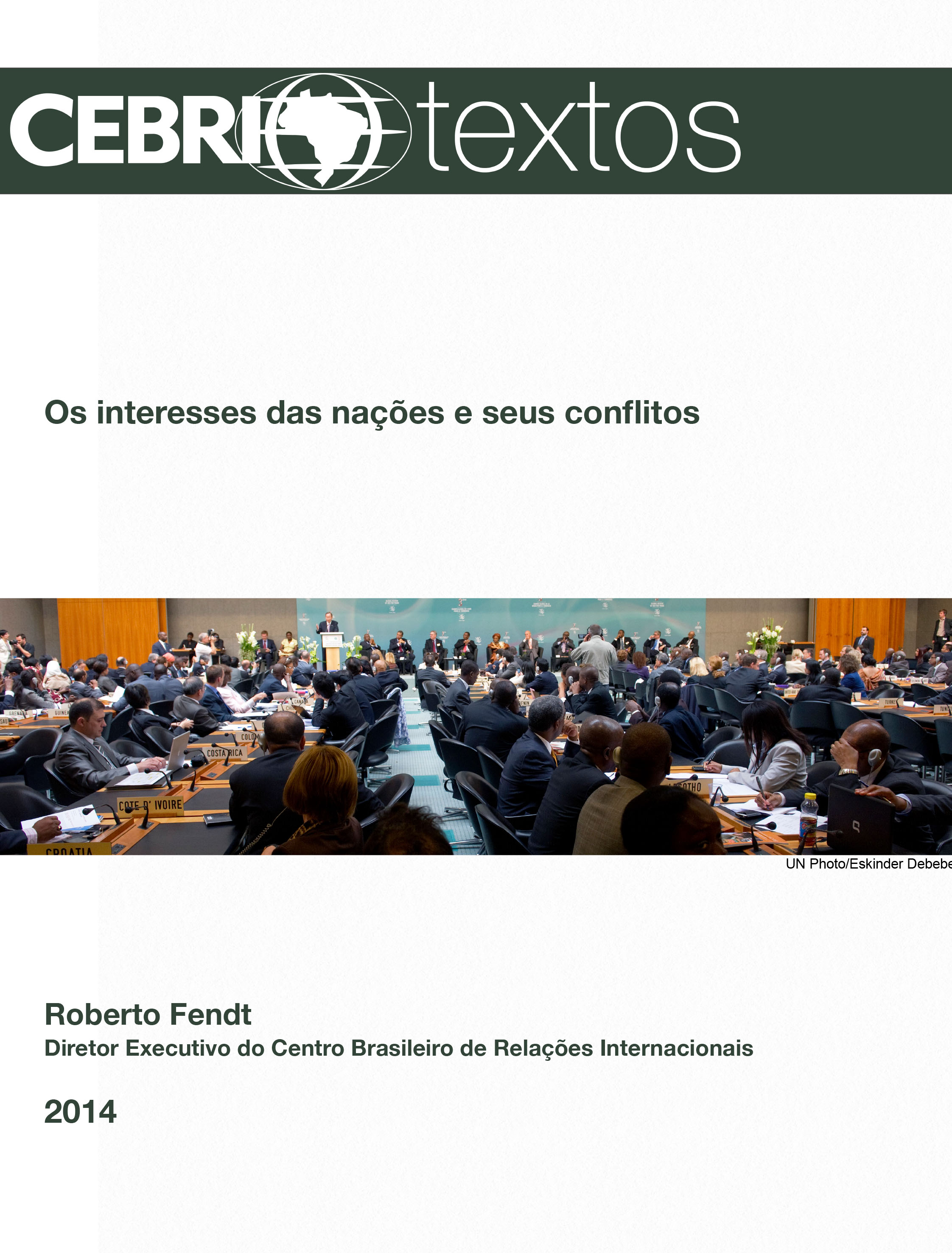Articles
Os interesses das nações e seus conflitos
- 04 may 2014
In the Scottish Enlightenment of the 18th century, it was believed that the pursuit of individual interests would necessarily and inevitably generate social cooperation. The mutual gains of trade would lead to a progressive division of labor and an increase in labor productivity. The gains from voluntary transactions would outweigh the violence, both in private life and in the relations between countries. A century later, Lord Palmerston, twice British Prime Minister, asserted that, "[England has] no eternal allies and it has no perpetual enemies.[Its] interests are eternal and perpetual." Would these eternal and perpetual interests of each nation constitute a driver of conflicts between them? To what extent would the mutual gains of trade dampen this tendency towards conflict?
Only available in Portuguese.
In the Scottish Enlightenment of the 18th century, it was believed that the pursuit of individual interests would necessarily and inevitably generate social cooperation. The mutual gains of trade would lead to a progressive division of labor and an increase in labor productivity. The gains from voluntary transactions would outweigh the violence, both in private life and in the relations between countries. A century later, Lord Palmerston, twice British Prime Minister, asserted that, "[England has] no eternal allies and it has no perpetual enemies.[Its] interests are eternal and perpetual." Would these eternal and perpetual interests of each nation constitute a driver of conflicts between them? To what extent would the mutual gains of trade dampen this tendency towards conflict?
Only available in Portuguese.


